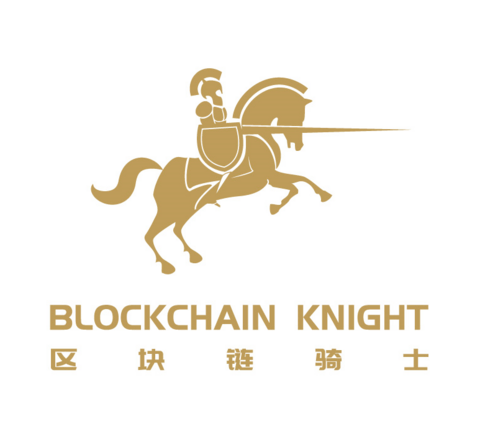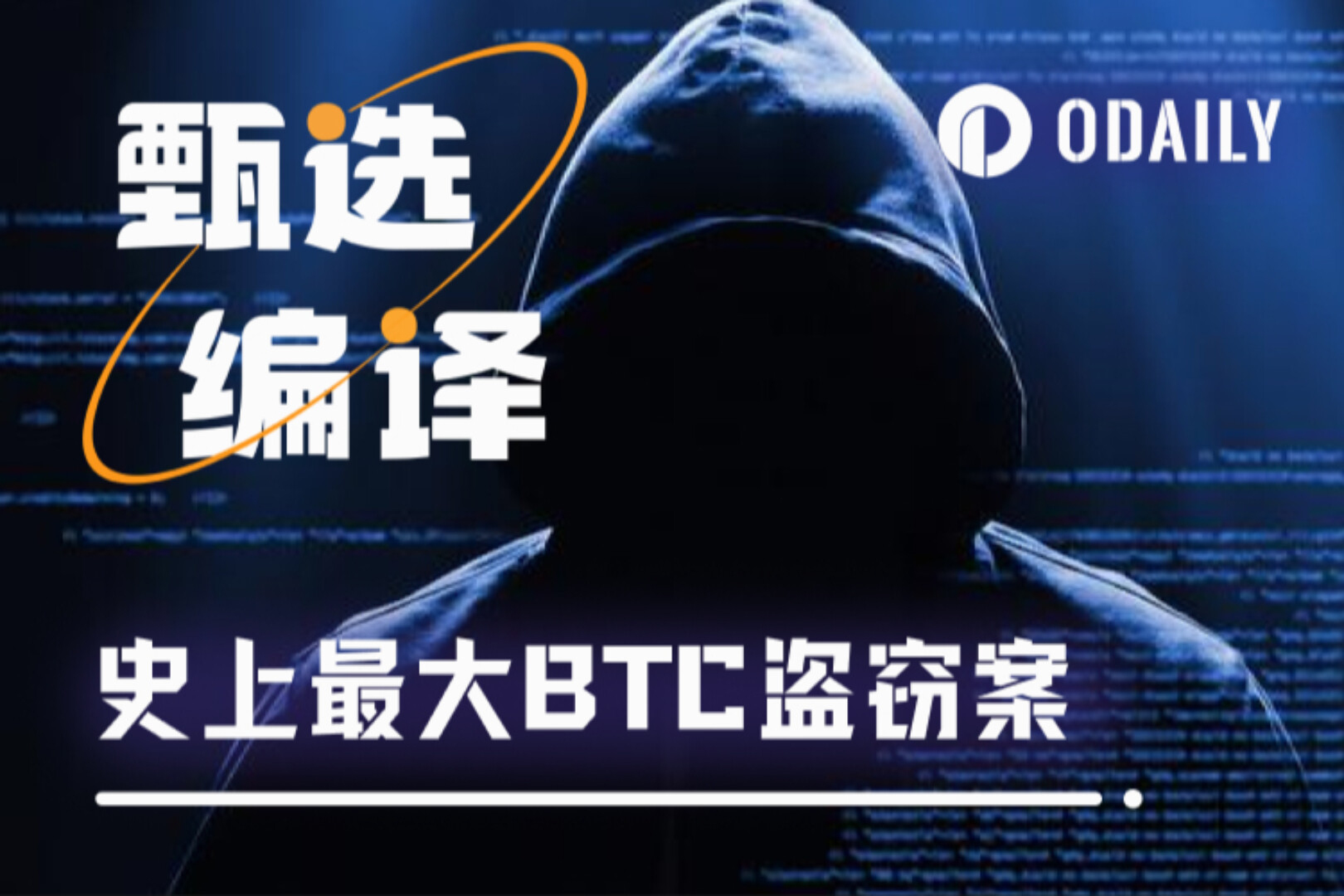Lionel Chocron, Chief Product Officer of Hedera Hashgraph, was born in France. He came to the west coast of the United States about twenty years ago to earn a master's degree at UC Berkeley, after which he worked at Cisco, where he stayed for 10 years, focusing on emerging technologies (he was in Cisco's Internet of Things business unit for many years) and company strategy. He then joined Oracle's Emerging Technologies Industry Solutions Group, which focused on Imaging, IoT, Blockchain and AI.
Lionel Chocron met the co-founder of HederaHashgraph in 2019 and got excited about blockchain technology. At the time, big corporations were adopting public ledger technology, and he saw the potential for HederaHashgraph to be a third-generation distributed ledger technology.
"Blockchain adoption is faster than I've seen in IoT and AI," Chocron said, noting that IoT is taking longer due to the need to connect millions of devices.
“It takes a long time to really get value from the IoT side. In AI, you don’t have to install any hardware, but you have to be able to analyze the volume of data to improve the insights that AI machines bring to you, minimizing market errors. report, which cannot be done in a few weeks. Training your algorithm takes years and collecting years of data. Although the adoption rate is high, it is a challenge for those who have access to the data. game, we can still optimize it."
Until companies or startups get the prerequisites, including hardware for IoT or data for AI, they will be on standby in these industries. With blockchain, it's much easier than IoT and AI because it doesn't rely on major hardware investments or large amounts of data in its journey towards mass adoption. "From proving value to scaling," Chocron said, "although there are still mixed discussions, at least the value can be proven very quickly."
At Hedera Hashgraph, he works to enable the adoption of distributed ledger technology by small, medium and large companies. He helps them integrate with today's tools and ecosystems. "Blockchain and distributed ledgers are well understood," Chocron said. "Everyone knows what ledger technology is. When you start to understand distributed ledgers, When the ledger you can start building the road how to use an ecosystem of companies where companies work together and share information on the ledger whether it's a private ledger or a public ledger, it's going to be fast and people will see its value."
Whether to adopt a public ledger depends on performance, stability, security and governance, he said. "When I look at first and second generation players, as great as they have always been and are paving the way for new industries today, when it comes to performance, stability, security, and governance, my customers (Oracle The company) thinks that there are many shortcomings and it is unacceptable.” I spoke with him at the 2019 Blockchain Expo in Santa Clara, California. He believes that today's upcoming third-generation technology will solve this problem.
In order to be adopted by enterprises, distributed ledgers will need to be fully integrated into what companies are doing today, he said. For example, enterprises already run use cases on private ledgers like Hyperledger, so enterprise-oriented blockchain companies like Hedera need to help customers integrate into Hyperledger.
Aside from performance, stability, security, and governance, another challenge blockchain faces is not having a complex and fully fledged regulatory environment.
"The regulatory environment for blockchain is not fully defined, not just in the U.S., but globally," Chocron said. The road ahead to make sure we are aligned with what we think the regulatory environment is." "While businesses have been looking at private ledgers, they have also seen value in public ledgers, and they are also trying to understand the regulatory environment so they can move in that direction." .”
These companies are also trying to figure out how to use these technologies, just as Chocron did when he first made the leap from enterprise to the world of blockchain startups. Unlike other startup environments, when you join the blockchain industry, you have to deal with token issues and token ecosystems such as wallets, custody, etc.
This barrier to entry does not exist in the traditional startup world. "In the blockchain field, no experience is actually quite a challenge," including hardware wallets, he said, "today the industry is going through a learning curve."
The original text comes from the English version of Forbes, compiled by the Bluemountain Labs team, and the English copyright belongs to the original author. For Chinese reprint, please contact the compiler.
The original text comes from the English version of Forbes, compiled by the Bluemountain Labs team, and the English copyright belongs to the original author. For Chinese reprint, please contact the compiler.



